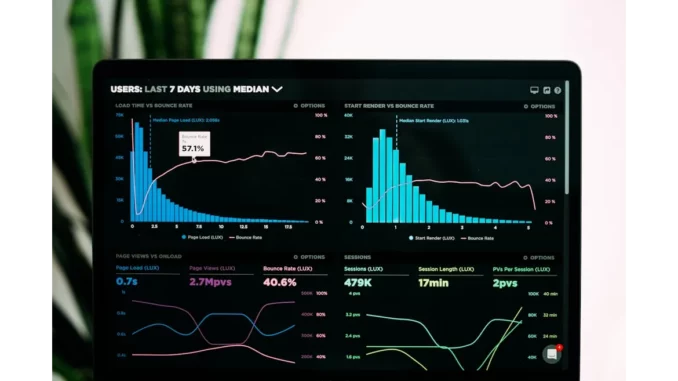
In an age where the promises of personalised medicine and ancestral insights appear to be merely a cheek swab away, the abrupt disappearance of a DNA-testing company has left thousands of customers in disarray and seeking answers. Atlas Biomed, once a beacon for those curious about their genetic lineage and health predispositions, has vanished without a trace, leaving its clientele in a state of bewilderment and concern over the potential misuse of their sensitive data. Emily Saunders, a 35-year-old marketing executive from Manchester, is one such customer, and her story offers a glimpse into the collective anxiety ignited by this disconcerting scenario.
Two years ago, Emily, captivated by the allure of understanding her genetic predispositions and ancestral roots, chose Atlas Biomed to explore her DNA profile. “I’ve always been fascinated by genetics, and the idea of knowing my predisposition to certain illnesses seemed invaluable,” she recounted. The process was straightforward: a simple saliva sample dispatched to their laboratory, culminating in a much-anticipated personalised report that mapped her genetic tendencies. For months, Emily would frequently revisit her online profile, absorbing the insights and pondering lifestyle adjustments based on her genetic findings.
However, earlier this year, Emily encountered an unsettling development. Upon attempting to log in to her account, she was met with a stark message: ‘Service Unavailable’. Initially shrugging it off as a technical glitch, her concern grew as the unavailability persisted over weeks. Attempts to reach out to Atlas Biomed’s customer service were in vain; phone lines were silent, and emails were returned undelivered. “It was like they had vanished into thin air,” Emily expressed, her frustration palpable. She found herself joining an online forum where other Atlas Biomed users gathered, sharing similar tales of distress and speculation.
The sudden disappearance of Atlas Biomed has placed customers like Emily in a precarious position. Having entrusted the company with their most intimate data—their DNA—Emily and others now find themselves in a nerve-wracking limbo, uncertain about the status of their information. “It’s deeply unsettling to think that my genetic data is out there, and I don’t know who has access to it or how it’s being used,” she lamented. The Information Commissioner’s Office (ICO) has acknowledged receiving a complaint concerning Atlas Biomed but has yet to shed light on the situation. The absence of communication from the company is deafening. “People have the right to expect that organisations will handle their personal information securely and responsibly,” stated the ICO, yet this reassurance feels insubstantial amid the current turmoil.
Experts highlight that the case of Atlas Biomed illustrates the intrinsic risks associated with DNA-testing services. Professor Laura Jenkins, a genetic privacy advocate, elaborated, “Users often find themselves completely at the mercy of these companies. When a firm like Atlas Biomed goes dark, customers are left in a lurch, unsure if their data is secure or being traded on the dark web.” For Emily, the ordeal has been a sobering lesson in digital trust. “I never imagined something like this could happen. I always assumed that a company dealing with such sensitive data would have safeguards in place,” she reflected. Now, Emily approaches similar services with caution, advising others to diligently examine the privacy policies and data protection measures of such companies.
As the situation continues to unfold, Emily and her fellow customers remain hopeful for clarity and resolution. This incident serves as a stark reminder of the potential vulnerabilities inherent in the burgeoning field of consumer genetics. For now, they are left with a multitude of questions and an alarming awareness of the fragility of digital trust. The disappearance of Atlas Biomed stands as a cautionary tale for consumers, underscoring the urgent necessity for more stringent regulations and oversight in the handling of genetic data. Until transparency and accountability are firmly established, individuals like Emily will remain on edge, contemplating the fate of their most personal and sensitive information.


Be the first to comment